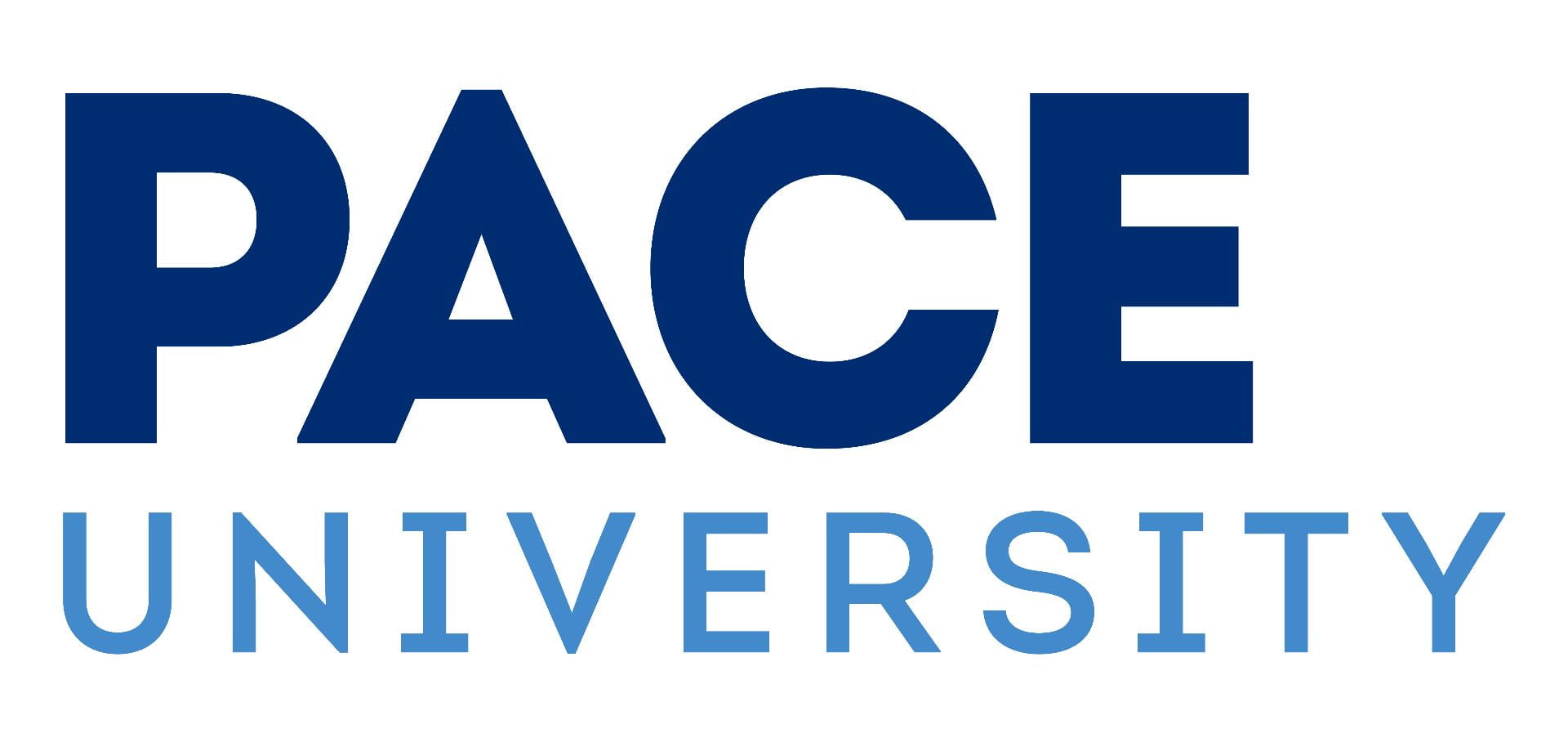2022-2023 Academic Year Provost’s Student-Faculty Undergraduate Research and Creative Inquiry Awardees
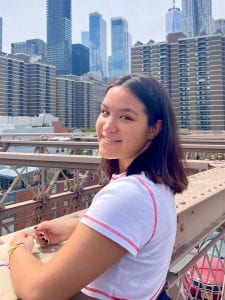
Kristen M. Benes
Dyson| Biochemistry
Faculty Mentor: Rita K. Upmacis
Project Title: A Metabolomic Study of Biological Samples
The challenge in the research proposed is to perform a metabolomic study to identify species in biological samples and to determine sex-specific differences. Historically, biomedical studies have neglected females, and for this reason, therapeutic options may be less applicable to females than males. This difference is only beginning to be acknowledged by the health industry.

Dillon J. Crace
Dyson| Biochemistry
Faculty Mentor: Nigel Yarlett
Project Title: Role of Cryspovirus in Pediatric Diarrhea
Cryptosporidosis, caused by the single celled parasite, Cryptosporidium parvum and C. hominis, is a leading cause of death due to diarrhea in children under 2 years. The disease is prevalent in economically poor regions, where survivors often have stunted growth and cognitive impairment, however the reason for this is unclear (Khalil et al., 2018, Lancet Glob Health 6(7):e758-e768). The parasite harbors a symbiotic double stranded RNA virus, termed the cryspovirus, who’s role in disease pathology is unknown (Jenkins et al., 2016, Food and Waterborne Parasitology 5:14-20).
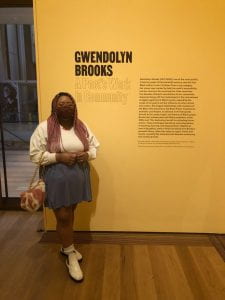
Felicity Flores-Drew
Dyson| English Language & Literature
Faculty Mentor: Kristen K. di Gennaro
Project Title: Simplifying an Identity
Current usage of the terms BIPOC and People of Color arguably assuage white people’s desire to appear informed and respectful. Some may fear sounding potentially ignorant or out of touch. The vague nature of BIPOC and People of Color remedy that concern, while also making the terms alluring. The current use of these terms raises the questions: Why are the terms BIPOC and POC deemed culturally sensitive? What are the intentions behind terminology used for Black people? Does the use of these terms prioritize white comfort or solidarity?
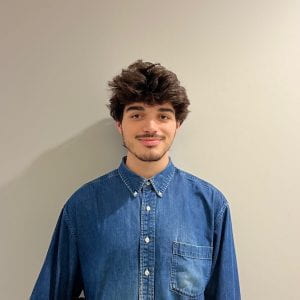
MICHAEL I. Huertas
Dyson| Communication and Media Studies
Faculty Mentor: Melvin Williams
Project Title: Hip Hop’s White House Guest: Jack Harlow and White Rap
Despite having participated in rap for more than 40 years, White rappers are often viewed as problematic culture vultures or cultural appropriators, manufactured by capitalist record labels to serve as White leaders for rap’s largest consumer base: White suburban kids (Morales, 2000). Although White rappers have had commercial successes and remain visible in rap and Black popular culture, most of rap’s discourse reflects the thoughts, feelings, and ethos of Black men. Many argue that White involvement in its art forms is and emblematic of continuous expropriations of Black cultural forms (Williams, 2017).
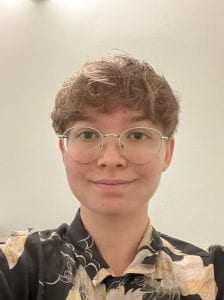
SIREN Lawtum
Dyson| Film and Screen Studies
Faculty Mentor: Joseph Tse-Hei Lee
Project Title: Understanding Thai Horror Cinema
Horror films have emerged as the distinct mode of cinematic representation and critique of historical traumas and tragedies in various temporal and spatial settings of the East and Southeast Asian film industries. Much attention has been given to the Japanese horror cinema that depicts vengeful ghosts from the past (e.g. Hideo Nakata’s Ring [1998]), or that gives birth to dangerous monsters such as Godzilla which is closely associated with the collective memories of Hiroshima and Nagasaki, but little is written about the rapid rise of Thai horror cinema internationally.

HANYU Li
Dyson| Economics
Faculty Mentor: Mary Kaltenberg
Project Title: The Role of Risk Preferences in Fertility Decisions
While a considerable body of research has examined the impact of risk tolerance on financial decisions, less is known concerning how risk preferences impact fertility decisions. This project seeks to answer the following question: does an individual’s risk profile impact fertility decision making?
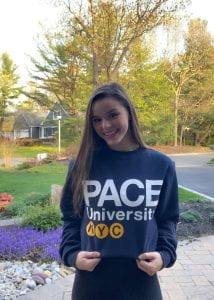
Kylie A. LoPiccolo
Seidenberg School of CSIS | Information Systems
Faculty Mentor: Francis Parisi
Project Title: What Security Requirements Need to be Created in order for Cryptocurrencies to Comply with Regulation?
Since cryptocurrencies were first conceptualized in 2008, they have attracted investors and regulators due to its decentralized nature. The current lack of cryptocurrency regulation gives freedom and empowers individuals to manage their money without a close watch but also allows criminals to use the anonymity of crypto to facilitate crime making regulation crucial. In this study, we consider the potential security risks that would come about from standardized regulation and how to preserve privacy that captures the attention of investors by using prescriptive data analytics.
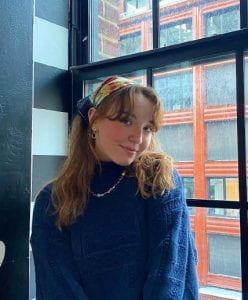
Charlotte E. MacNeal
Dyson| Psychology
Faculty Mentor: Judith Pajo
Project Title: Intergenerational Trauma: The Hidden Epidemic
How does trauma affect the well-being of survivors, and how does it affect future generations? The theory that “hurt people hurt people” informs my hypothesis that traumatized individuals are much more likely to inflict trauma on others. This idea is known as the “cycle of abuse.” I will explore the mechanisms behind this cycle and its impacts on individuals and society at large.
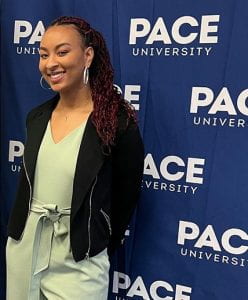
Tinuade F. Mcclish
Dyson| Psychology
Faculty Mentor: Courtney L. Gosnell
Project Title: Political Media and Interpersonal Relationships
The purpose of my project is to examine how politically divisive media consumption can change the way we perceive and think about our close others with opposing political views. Although past work has examined the political divide and how Republicans view Democrats (And vice versa), my study tries to examine the divide that is created between our family, friends, and significant others when we have conflicting political views. Furthermore, I am interested in exploring the ways in which media may amplify feelings of division.
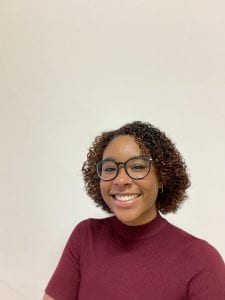
Mikayla E. Meachem
Dyson| Peace and Justice Studies
Faculty Mentor: Meghana V. Nayak
Project Title: Centering Black Feminists in a Post Roe America
On June 24, 2022, the Supreme Court overturned the landmark decision of Roe V. Wade. Now, 40 million uterus owners live in states pushing through legislation that will violate human rights. This “shock” to the political and legislative system is the perfect timing to examine whether mainstream, predominantly white feminist activists will finally pay attention to the activism and leadership of Black women.
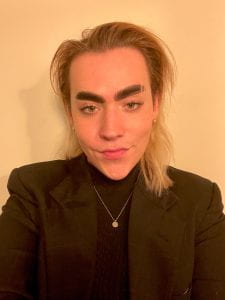
Jack A. Niemczyk
Dyson| English Language & Literature
Faculty Mentor: Sid Ray
Project Title: A Gay Old Time: A Look Into the Beginnings of the Inherent Relationship Between the Queer Community and Nightlife
When researching the history of a group that is still marginalized in all parts of the world there is a difficulty with the information one receives—finding it, analyzing it, writing about it. Upon beginning my investigation into the history and culture of the Queer community, one word flooded all sources: that word being “night” and the idea of nighttime. Often used as a motif of sadness and depression in classic literature, night both literally and metaphorically has been used as an escape for members of the LGBTQ+.
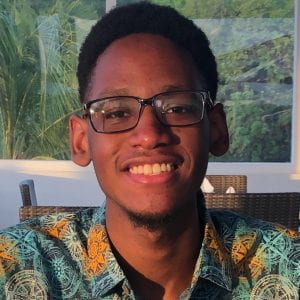
Austin B. Parris-Powlette
Seidenberg School of CSIS|Computer Science
Faculty Mentor: Miguel A. Mosteiro
Project Title: Privacy-preserving Vehicular Adhoc Networks Computations
The goal of this ongoing project is to experimentally evaluate new and current algorithms for distributed computations in Vehicular Ad-Hoc Networks (VANETs), such as driverless cars. VANET is a challenging network model to work with because algorithms have to tolerate multiple harsh computational restrictions. Namely, anonymity of the network member devices (nodes) is expected due to privacy concerns, frequent disconnection of the nodes occur due to mobility, and limited volume of data can be exchanged due to weak communication.
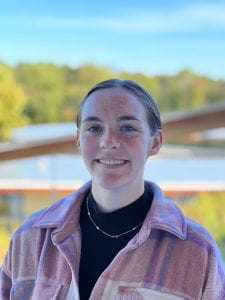
Lauren T. Pizzella
College of Health Professions | Health Science
Faculty Mentor: Erica L. Gollub
Project Title: Connections Between Social Media Use, Vaccination Attitudes and Mental Health Among Pace Undergraduates During the COVID Pandemic
The aim of my research is to investigate the usage of social media among Pace college students in the context of the Covid pandemic. My analysis will include a description of the frequency of use of social media, a profile of high and low users (e.g., Demographics), as well as an exploration of correlations of social media use with vaccine attitudes and behaviors trust in sources of Covid information, and mental health during the Covid pandemic.
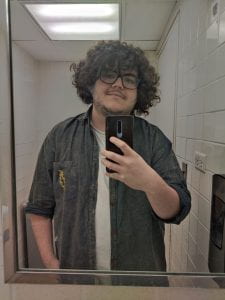
Andrew J. Villardi
Dyson| Sociology/Anthropology
Faculty Mentor: Judith Pajo
Project Title: Nuyoricanismo – Understanding the History and Culture of New York City’s Puerto Rican Community
When considering the realities and hardships faced by Puerto Ricans both living in the continental United States and on the island of Puerto Rico, it is very easy to lump these two groups together as one group, two parts of the same group, inextricably linked together in fate due to a common heritage. While this may be true for Puerto Ricans who only recently arrived in the United States, and who thus still harbor strong connections and family ties to the island, others whose forebears have arrived in New York City generations ago, complicate the narrative.
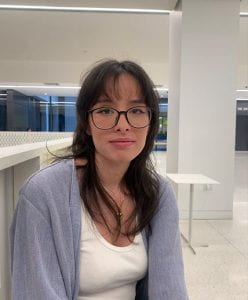
Emily L. Wernick
Dyson| Sociology/Anthropology
Faculty Mentors: Roger Salerno; Amy Foerster
Project Title: Transcending Binaries (WIP)
There has been a plethora of misleading information on the ability of LGBTQ+ people to engage in intimate relationships and to have psychologically healthy, personally fulfilling, and rewarding emotional relationships with other people. This study seeks to disengage these inaccuracies; beyond this, it seeks to look at the quality and character of emotional relationships among the LGBTQ+ population.
